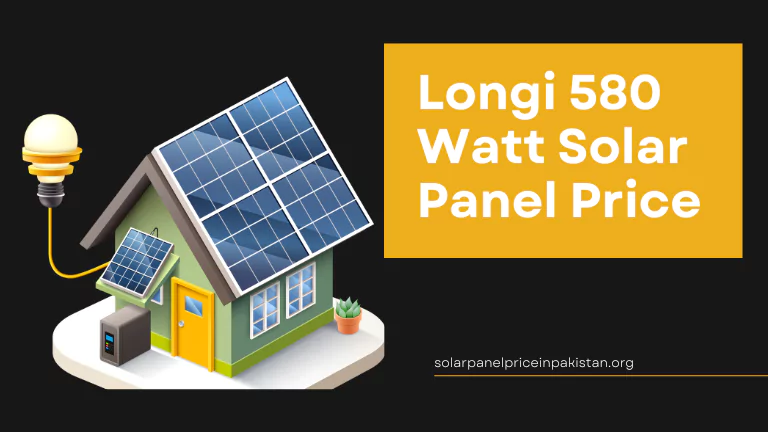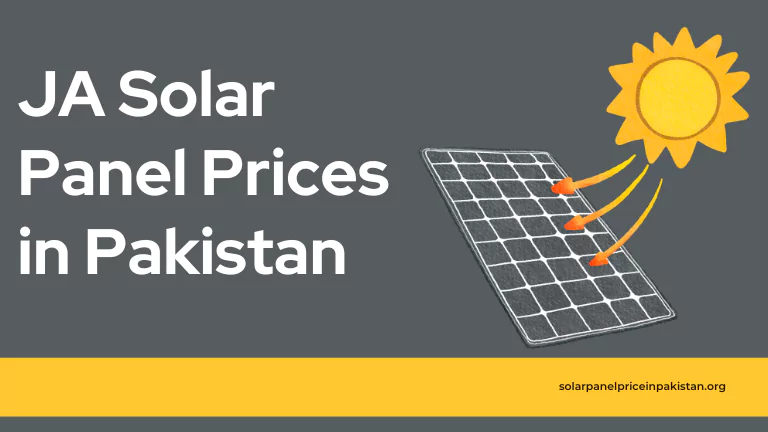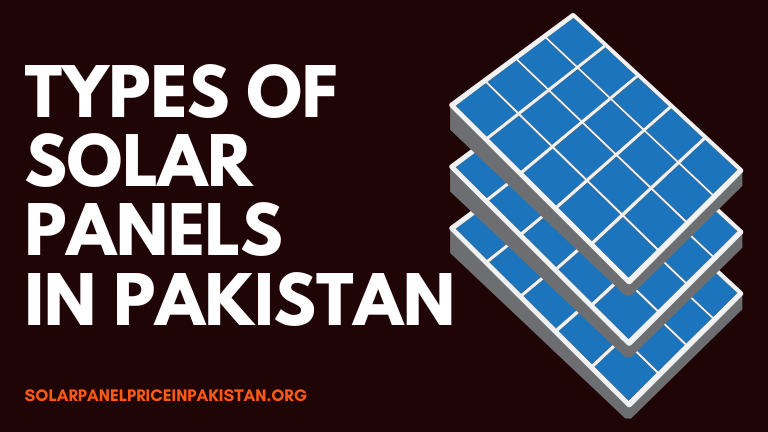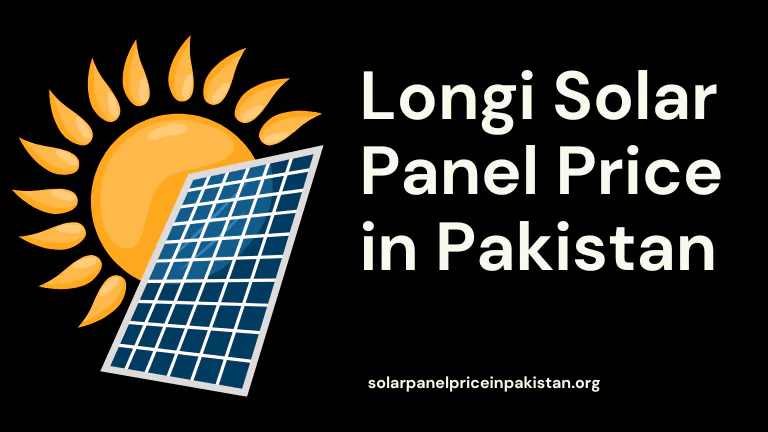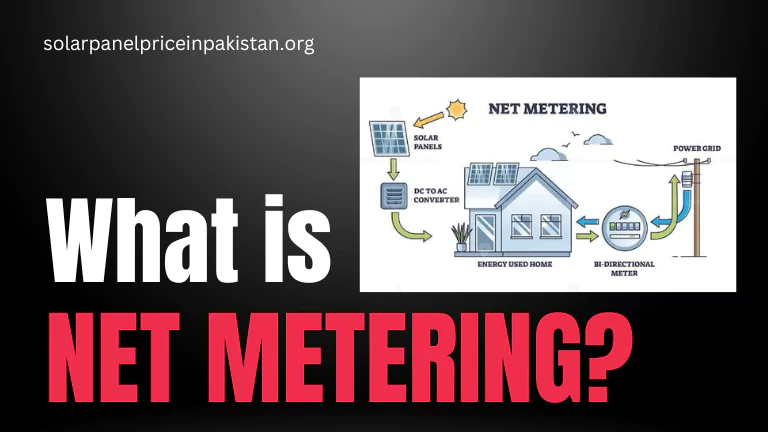How to Clean Solar Panels: Detailed Guide for Effective Maintenance
Solar energy systems are an efficient and eco-friendly solution for generating electricity, often reducing power bills significantly. However, to keep your solar panels working at their optimal level, regular cleaning and maintenance are essential. Dirt, dust, bird droppings, and other debris can hinder the performance of solar panels, making regular cleaning crucial for maintaining their efficiency.
In this detailed guide, we will explore the best practices for cleaning solar panels at home, important safety tips, and how to ensure long-term maintenance to maximize the lifespan of your solar system.
Why Solar Panel Cleaning is Important?
Solar panels function by converting sunlight into electricity using photovoltaic (PV) cells. These cells require a clean surface to absorb the maximum amount of sunlight. Accumulation of dirt and grime on the panels can significantly reduce their efficiency, causing energy output to drop. According to the National Renewable Energy Laboratory (NREL), dirty panels can experience up to a 7% reduction in performance. Regular cleaning ensures that your panels continue to operate at peak efficiency, providing the best possible energy output.
How Often Should Solar Panels Be Cleaned?
The frequency of cleaning depends on the environmental conditions of your location. For example:
If you notice a decline in your system’s energy production, it’s a good indication that the panels might need cleaning.
Tools and Materials Needed for Cleaning Solar Panels
Before starting the cleaning process, gather the following materials to ensure safe and effective cleaning:
Step-by-Step Guide on How to Clean Solar Panels at Home
Switch Off the Solar System
Always turn off the solar panel system before cleaning to avoid electrical hazards. Even though solar panels generate low voltage, there is still a risk when they are exposed to sunlight.
Choose the Right Time
Clean the panels in the early morning or late evening, when they are cool. Cleaning panels when they are hot from direct sunlight can cause the water to evaporate too quickly, leading to streaks and spots. It can also increase the risk of thermal shock, which might damage the glass surface.
Remove Loose Dirt and Debris
Use a hose with low water pressure to rinse off loose dirt, dust, and bird droppings. This initial rinse prevents scratching the surface during the cleaning process.
Prepare the Cleaning Solution
Mix a mild soapy solution in a bucket. Avoid using harsh chemicals or abrasive cleaning products, as they can degrade the protective layer on the panels over time.
Scrub Gently
Use a soft brush or sponge to scrub the surface of the panels. Apply gentle pressure and move in circular motions to remove any stuck-on grime. Make sure to reach the edges of the panels where dust and debris often accumulate.
Rinse Thoroughly
Once you’ve scrubbed the panels, rinse them with clean water using the hose to remove all soap residue. Be sure to wash off all the soap, as leftover residue can leave streaks and reduce efficiency.
Dry the Panels (Optional)
If you live in a dry climate or are concerned about water spots, you can use a soft microfiber cloth to wipe the panels dry. This step is optional but recommended for preventing streaks.
Safety Tips When Cleaning Solar Panels
Safety should always be a priority, especially if your solar panels are located on the roof. Here are some key safety guidelines:
Avoid Cleaning on a Hot Day
Cleaning solar panels during peak sunlight hours can not only be uncomfortable due to the heat but also increases the risk of damaging the panels.
Use Proper Safety Gear
If your panels are installed on the roof, always use safety harnesses, non-slip shoes, and ensure your ladder is stable. Avoid leaning too far over the edge, and if you’re unsure, consider hiring a professional cleaner.
Be Aware of Electrical Hazards
Even though solar panels operate at low voltages, there’s still a risk when water and electricity mix. Ensure the system is completely powered down before cleaning.
Avoid High-Pressure Washers
High-pressure water can damage the seals and connections on the solar panels, leading to long-term damage.
Tips for Long-Term Maintenance of Solar Panels
Regular Visual Inspections
Perform routine checks on your panels to look for cracks, chips, or damage to the surface. Addressing these issues early can prevent further damage and costly repairs.
Monitor Energy Production
Most modern solar inverters come with monitoring apps that allow you to track your system’s energy production. If you notice a significant drop in output, it may indicate that your panels need cleaning or servicing.
Check for Obstructions
Trees, buildings, and other structures can cast shadows on your panels, reducing efficiency. Trim any overhanging branches and remove any debris that may obstruct sunlight.
Inspect Wiring and Connections
Regularly inspect the wiring and electrical connections of your solar system. Loose or corroded wires can cause system failure and should be addressed by a professional.
Weather Damage
After severe weather events like hailstorms or heavy winds, inspect the panels for damage. Although solar panels are built to withstand various weather conditions, extreme weather can still affect their performance.
Hiring a Professional for Solar Panel Cleaning
If your solar panels are located in a hard-to-reach area or if you’re uncomfortable with heights, hiring a professional may be a safer option. Professionals have the right equipment and expertise to clean panels efficiently without causing damage.
Conclusion
Proper cleaning and maintenance of solar panels can significantly enhance their performance and extend their lifespan. By following the correct cleaning techniques and ensuring regular inspections, you can keep your solar panels in top condition. Whether you choose to clean them yourself or hire a professional, remember to always prioritize safety and use appropriate tools to avoid damaging the panels.
With clean panels, you’ll not only generate more electricity but also get the most out of your investment in renewable energy.
Also Check:

